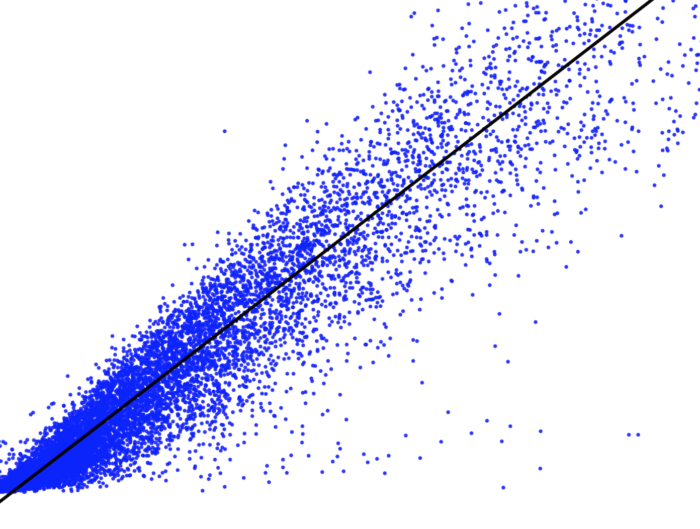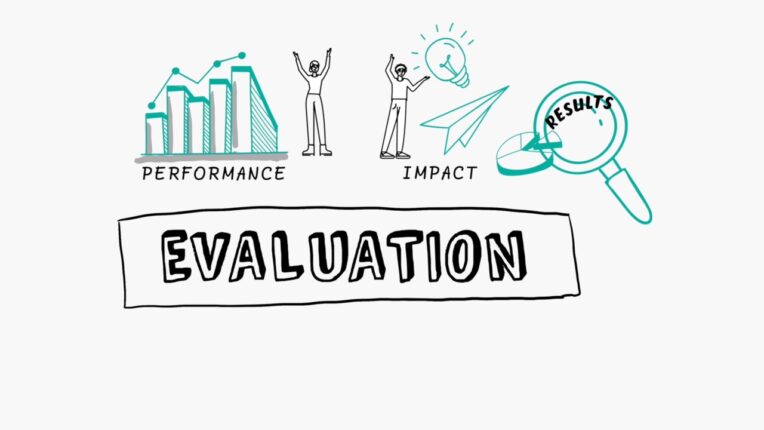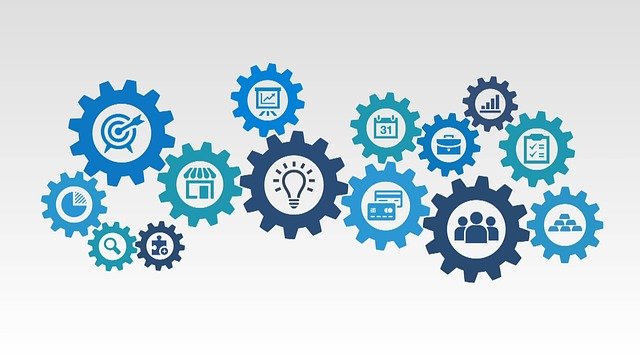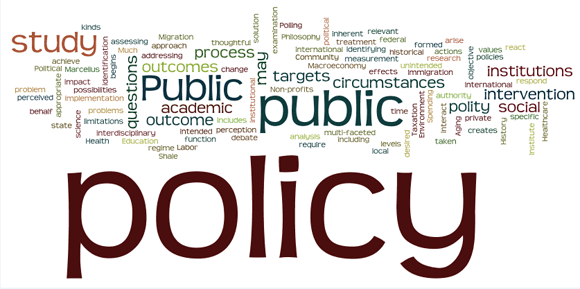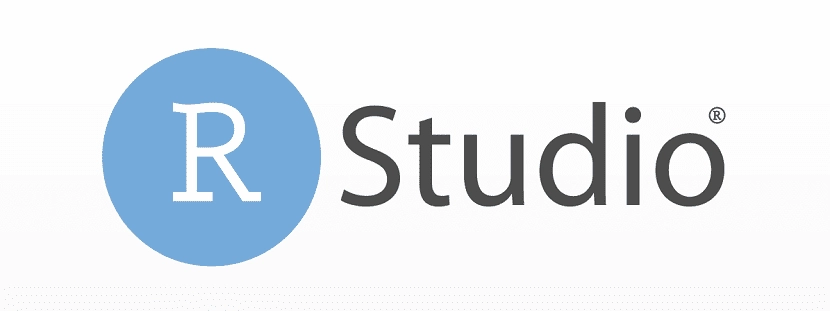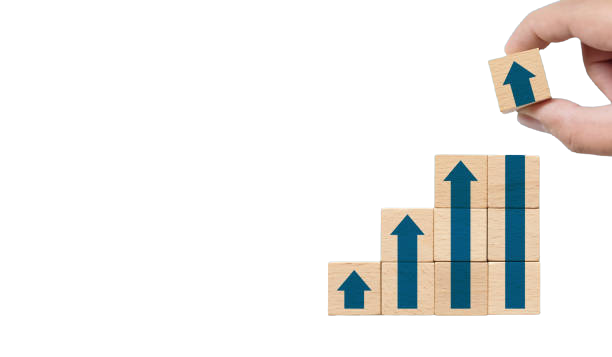

Applied regression for policy analysis
August 15 - August 30
5-10 Days
In-Person
This course will provide learners with practical tools to use regression methods in public policy analysis.
It is Druk Learning’s firm belief that all public policy agent and those who depend on evidence for policymaking should have a sound understanding of regression models, their interpretation and application.
The course will use R which is an open-source programming language optimized for statistical analysis. The motivation behind Druk Learning adopting programming languages such as R and python is to generate appreciation and interest among Bhutanese policymakers in the application of programming language.
The programme is ideal for professionals from both government and non-governmental organizations looking to do quantitative analysis and apply it in the context of public policies. The course will allow the policy practitioners to evaluate quantitative findings and provide grounding to prepare for more advanced empirical methods.

Thinley Choedhen, Founder of Druk Learning
Data Science - Text Analysis
August 1 - August 10
5-10 Days
In-Person
This course provides a practical and applied approach to quantitative text analysis using R. The course focuses on converting texts into quantitative features and analysing it using statistical methods. The learners will be have hands on analysis of real text and analysing it using programming language R.
Learning outcomes: After successful completion of the program, the learners will be able:
The program is ideal for those who want to generate insights text analysis technique. The course will be relevant to:

Thinley Choedhen, Founder of Druk Learning
Evaluation of Public Policies
TBC
5-10 Days
In-Person
The Evaluation of Public Policies course is designed to equip professionals with the tools and techniques necessary to assess the effectiveness, efficiency, and equity of public policies. This course covers the entire process of policy evaluation, from understanding theoretical frameworks to applying practical evaluation methods. Through this program, participants will develop the skills needed to critically analyze public policies, generate evidence-based insights, and contribute to informed decision-making in the public sector.
Foundations of Policy Evaluation
Gain a solid understanding of the key concepts, frameworks, and theories that underpin the evaluation of public policies.
Designing an Evaluation Framework
Learn how to design comprehensive evaluation plans that align with policy goals and stakeholder expectations.
Quantitative and Qualitative Evaluation Methods
Explore various methodologies, including statistical analysis, surveys, case studies, and interviews, to assess policy outcomes.
Data Collection and Analysis
Master techniques for collecting, managing, and analyzing data to evaluate policy performance effectively.
Cost-Benefit Analysis and Economic Evaluation
Understand how to conduct cost-benefit analysis and other economic evaluations to determine the value and impact of policies.
Ethical Considerations in Policy Evaluation
Address the ethical challenges and considerations involved in evaluating public policies, including issues of fairness, equity, and transparency.
Communicating Evaluation Results
Learn how to present and communicate evaluation findings to policymakers, stakeholders, and the public in a clear and impactful manner.
Case Studies in Policy Evaluation
Analyze real-world case studies to understand how evaluation frameworks are applied in various policy contexts.
Capstone Project: Evaluating a Public Policy
Apply your knowledge by designing and conducting an evaluation of a real or hypothetical public policy, culminating in a comprehensive report and presentation.
Essential Skills for Policy Professionals: This course is ideal for professionals in government, non-profits, and international organizations who are involved in the design, implementation, and evaluation of public policies.
Cutting-Edge Content: Covering both theoretical frameworks and practical tools, this course offers a balanced approach to understanding and applying policy evaluation techniques.
Real-World Applications: Through case studies and a capstone project, participants will gain hands-on experience in evaluating public policies, preparing them for real-world challenges.
Expert Instruction: Learn from experienced policy analysts, economists, and evaluation specialists who bring a wealth of knowledge and practical experience to the course.
Strategic Impact: By learning to evaluate public policies effectively, participants can contribute to the creation of more effective, efficient, and equitable policies that have a positive impact on society.
Policy Analysts and Advisors: Professionals involved in analyzing and advising on public policies who want to enhance their evaluation skills.
Government Officials and Public Servants: Individuals working in government who are responsible for designing, implementing, or overseeing public policies.
Non-Profit and NGO Professionals: Those working in non-profit organizations who need to assess the impact and effectiveness of their programs and policies.
Introduction to Public Policy Evaluation
Designing an Evaluation Framework
Quantitative Evaluation Methods
Qualitative Evaluation Methods
Data Collection Techniques
Cost-Benefit Analysis and Economic Evaluation
Ethics and Equity in Policy Evaluation
Communicating Evaluation Findings
Case Studies in Policy Evaluation
Capstone Project: Evaluating a Public Policy

Thinley, L&D Lead and Managing Partner of Druk Learning



